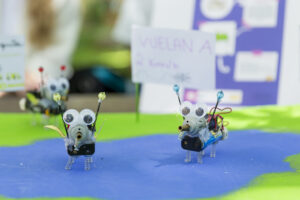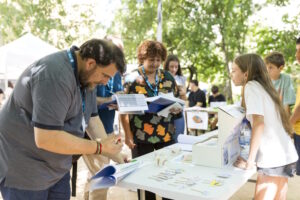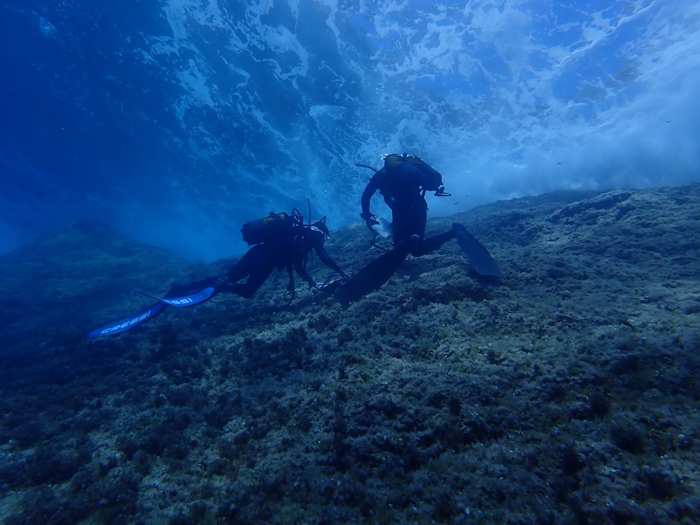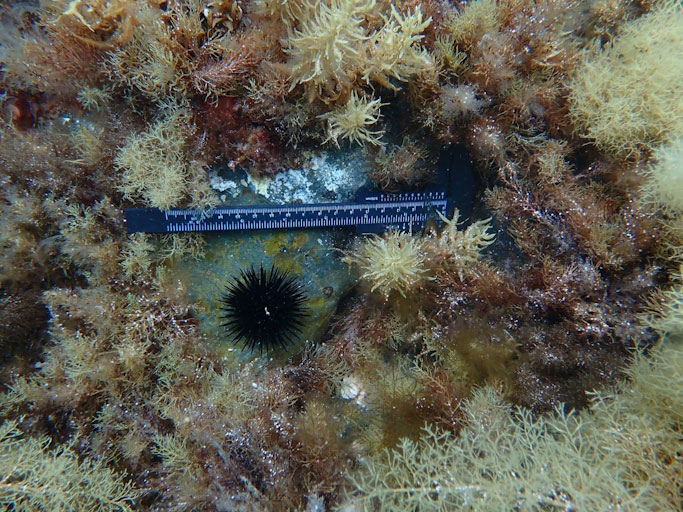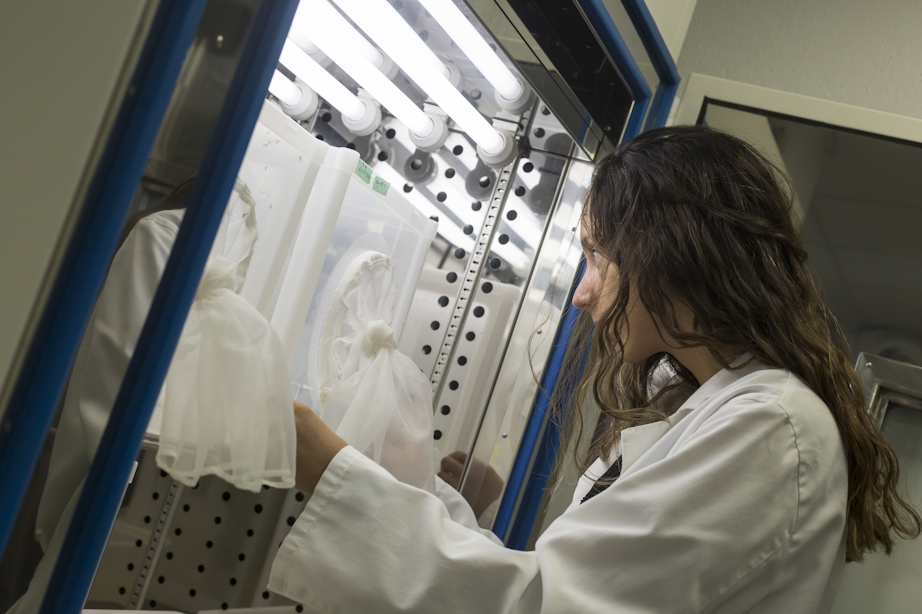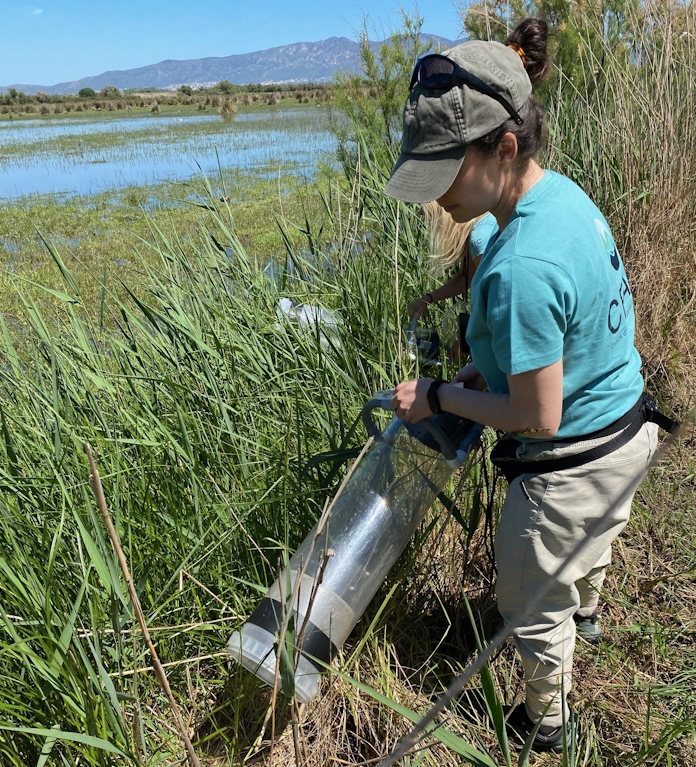The Mosquito Alert platform, coordinated by the CEAB-CSIC, allows almost real-time detection of the spread of disease-vector mosquitoes. Last year, thanks to this platform, the presence of tiger mosquitoes was confirmed in 96 municipalities where their existence was previously unknown.
The Ministry of Health hosted the First Training Day on the National Plan for Vector-Borne Diseases, organized by the Center for Coordination of Health Alerts and Emergencies (CCAES).
The event detailed the contents of the Plan, its various sections, and highlighted the consolidation of citizen science as a fundamental element. Additionally, a call was made for public participation, encouraging the use of Mosquito Alert for the second consecutive year to monitor and detect disease-vector mosquitoes, aiming to replicate the achievements of the previous season.
Mosquito Alert is an initiative that allows citizens to report mosquito sightings through photographs. Early detection is made possible by its alert system, which combines the speed of artificial intelligence (AI) with the human precision provided by the community of entomology specialists in ReNED (National Digital Entomology Network). Each received image is processed considering its location and the known distribution of the identified species. Upon detection of the species in a municipality where its presence was unknown, an automated alert is sent to the CCAES, which informs and urges autonomous communities to take appropriate actions.
“21% of tiger mosquito discoveries in Spain since 2014 have been made thanks to the public. Scientifically, we have demonstrated that citizen science is effective in detecting invasive mosquitoes, and efficient, being 8 times more cost-effective than traditional surveillance. It is a great complement to traditional monitoring methods,” explained Frederic Bartumeus, co-director of Mosquito Alert and researcher at CEAB-CSIC.
 Report the Bite! – A New Call to Participation
Report the Bite! – A New Call to Participation
Last year, under this slogan, the use of the platform was promoted as part of the National Plan. As a result, 96 new municipalities were identified where the presence of the tiger mosquito (Aedes albopictus) was detected for the first time. This success is exemplified by the first detection in Galicia. Coordination between Mosquito Alert, the Xunta de Galicia, and the Galician Vector Surveillance Network allowed the presence of the tiger mosquito to be confirmed on the ground in less than 24 hours.
“The massive response from the public allowed us to collect more than 17,956 reports with mosquito images and 28,596 bite notifications across Spain in 2023,” added John R. B. Palmer, co-director of Mosquito Alert and researcher at Pompeu Fabra University.
Given the success achieved, the goal this year is to consolidate and expand the Mosquito Alert user community. “Greater participation will allow us to monitor the spread of the tiger mosquito more efficiently, facilitating a swift response and the implementation of pertinent measures,” stated Lucía García San Miguel from CCAES.
Entomological surveillance is crucial in a context of increasing mosquito-borne diseases such as dengue. During the event, in addition to promoting the use of Mosquito Alert to help study where there is greater interaction between humans and disease-vector mosquitoes, the importance of raising awareness about protection measures was emphasized: using repellents, installing mosquito nets, and above all, eliminating any accumulation of water, no matter how small, to prevent mosquito breeding. Regarding international mobility, travelers, especially those visiting high-risk dengue areas, are urged to review health recommendations before and after the trip.
The First Mosquito Alert Science Fair Brings Together Students from Across Spain
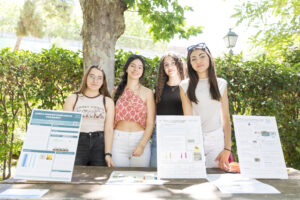
The event, organized by the Center for Advanced Studies of Blanes (CEAB-CSIC), was held at the National Museum of Natural Sciences (MNCN-CSIC) and the CSIC headquarters, both in Madrid. Students from schools all over Spain presented their work carried out within the Mosquito Alert Educational Project.
On June 14, the first edition of the Mosquito Alert Science Fair was held in Madrid. The educational event brought together nearly 200 primary, secondary, and high school students from 40 schools and institutes across Spain. This was a small representation of the 1,970 students from 45 educational centers in 13 autonomous communities who participated this school year in the eighth edition of the Mosquito Alert Educational Project.
At the fair, students presented the projects they worked on as part of the Educational Project. Among those who viewed their work were CSIC President Eloísa del Pino and Mosquito Alert coordinator and CEAB-CSIC researcher Frederic Bartumeus.
The event was broadcast live on YouTube so that the rest of the schools participating in the Project this 2023/24 school year could follow along. The day included an awards ceremony for the best projects.
The objectives of the Project are to gain allies in the surveillance and control of disease-vector mosquito populations (both in terms of submitting observations and eliminating breeding sites, as well as raising awareness in the community) and to foster interest in research and science. Since its inception, the Mosquito Alert Educational Project has involved 8,720 students from more than 150 educational centers across Spain.

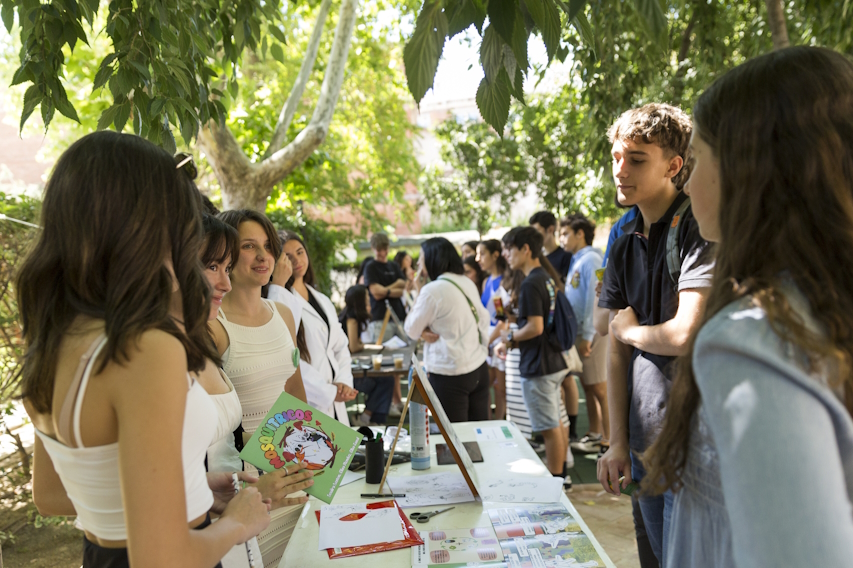
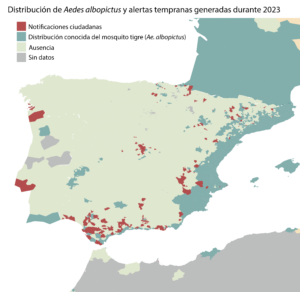 Report the Bite! – A New Call to Participation
Report the Bite! – A New Call to Participation
